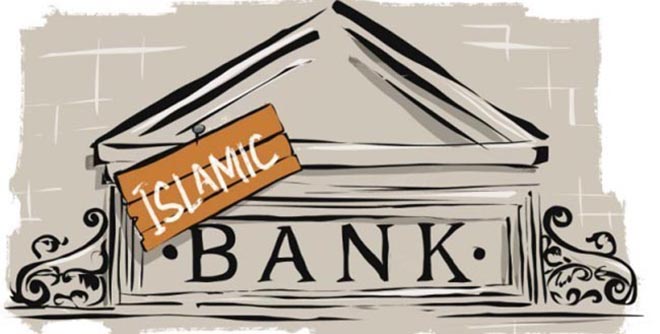
The recently announced Islamic Branchless banking service from UPaisa and Meezan Bank sparked a debate among the top bankers and consumers on what an Islamic banking is and what is the real halal way of paying an electricity bill or making a fund transfer for that matter.
For the sake of definition, for those who don’t know it, Islamic banking is primarily a banking system where profits, proceeds, revenues or charges of a service aren’t re-invested/consumed for interest-based revenue generating activities, un-ethical businesses or un-social transactions.
For example when you pay a bill, say Rs. 5,000, then this money stays with the bank or mobile financial service company for a certain duration (even if its for few hours) until it is transferred to electricity company.
This layover of funds, also known as float income, at times amount into billions or even trillions of rupees and if you are paying your bill through Islamic Bank or Islamic Branchless Service then this money won’t be used for interest generating activities during this, such as interest-based loans, stock investments etc.
In both systems, while money is residing within the system it is used to earn profits. The difference here is that in an Islamic system, it may be further invested in Sharia compliant businesses, while in conventional system it may be invested in Non-Sharia compliant businesses or business with interest-based returns.
Further points to be noted here are:
According to State Bank, following Banks and Branchless Banking services in Pakistan are Sharia compliant: